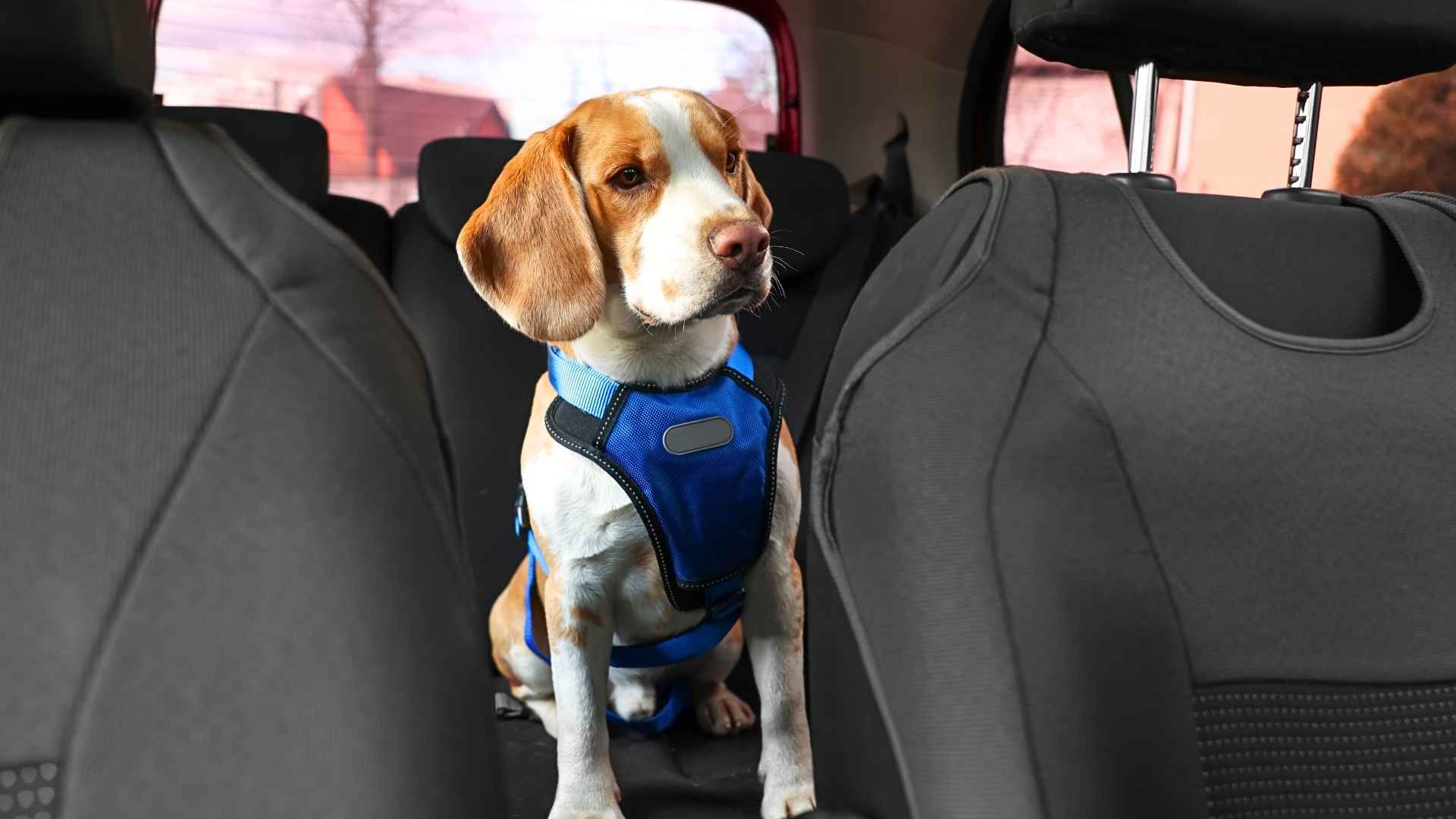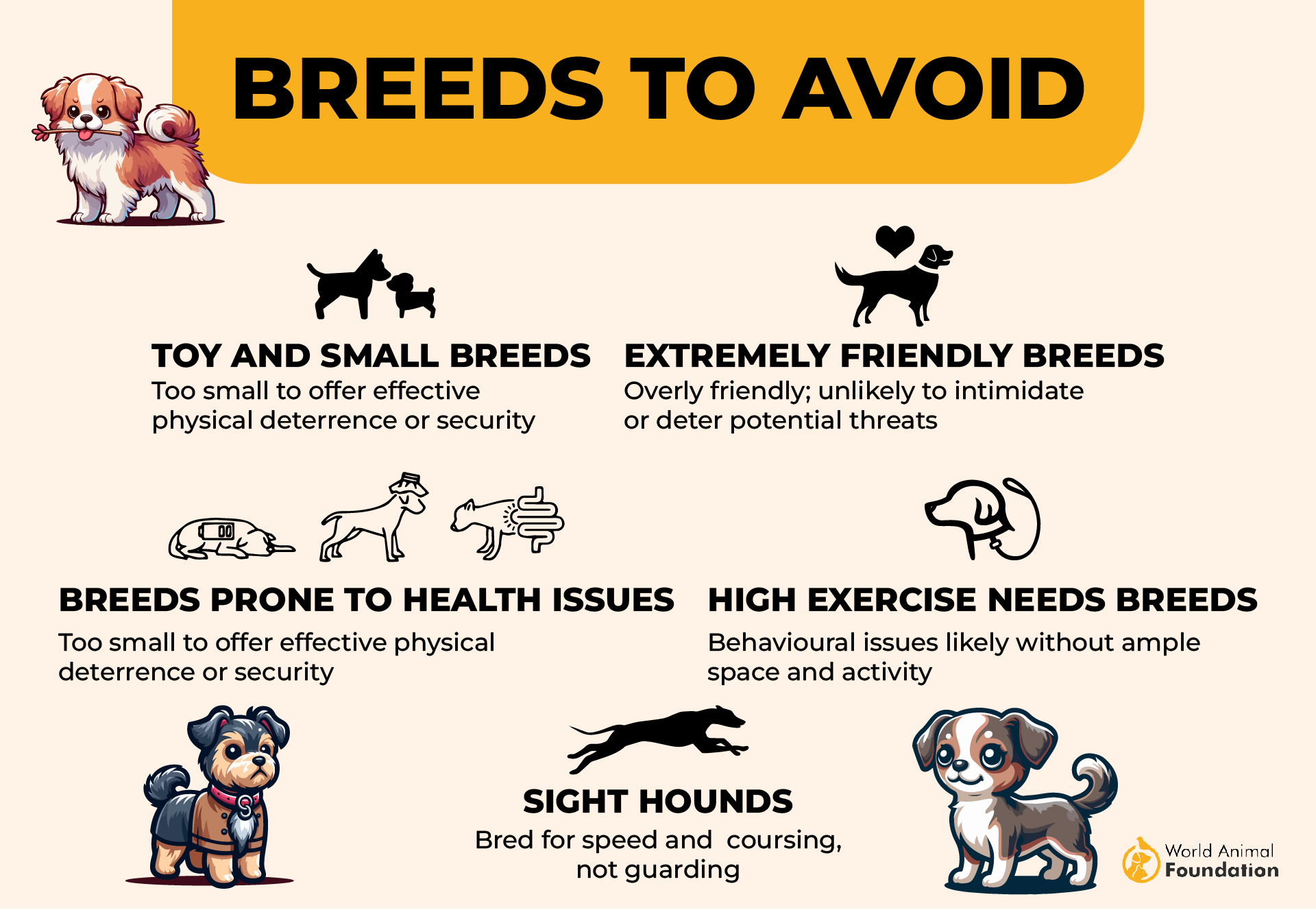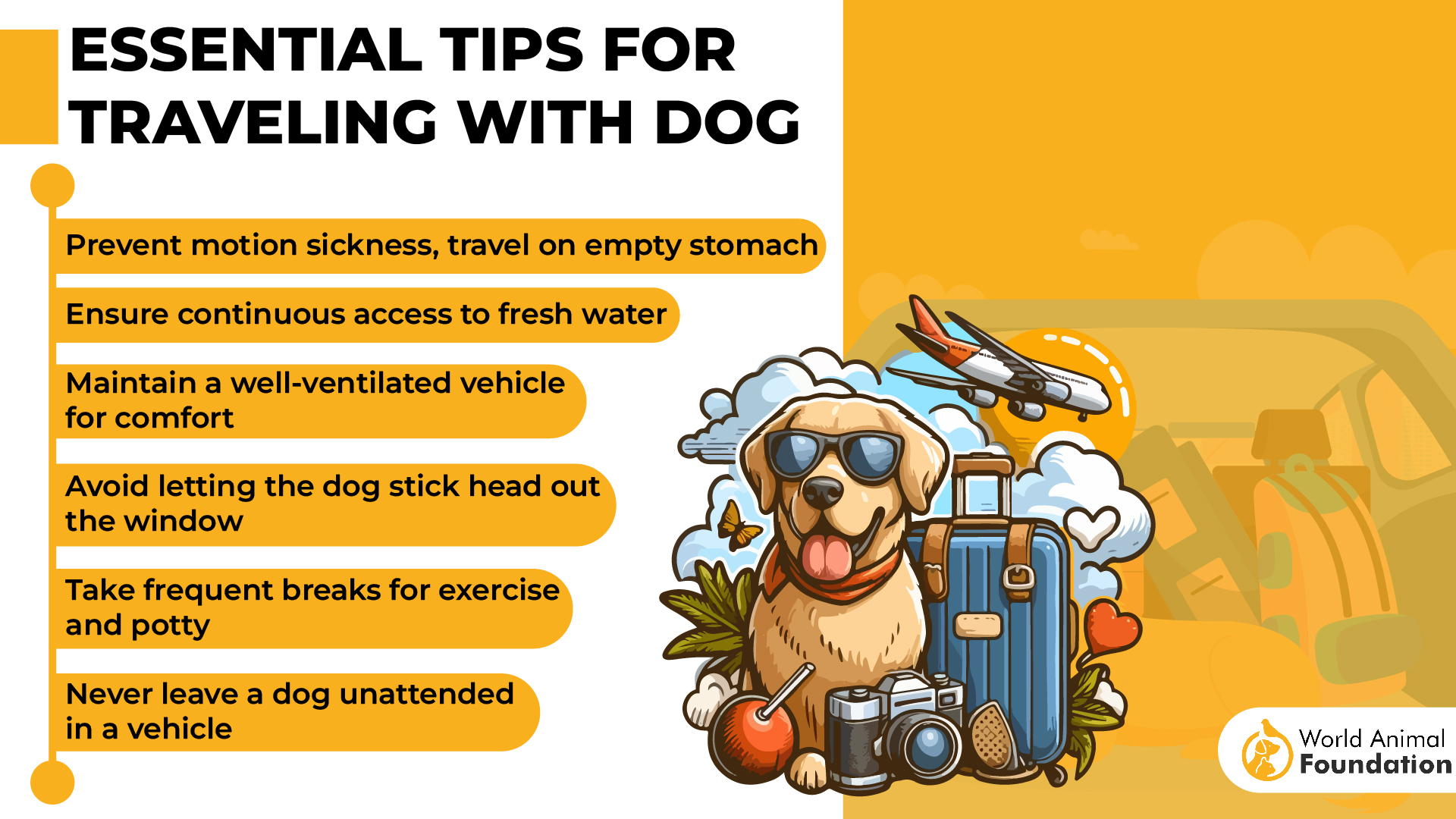For many dog owners, the joy of traveling with a furry companion is unmatched. However, not all dogs share the same enthusiasm for car rides, and some breeds are particularly prone to motion sickness. Understanding the susceptibilities of certain breeds can help in preparing and ensuring a more pleasant journey for both dogs and their owners. This guide sheds light on nine dog breeds that often struggle with road trips, highlighting the reasons behind their sensitivity and offering insights into making travel less stressful for these beloved pets. Whether planning a cross-country adventure or just a short drive, knowing how to care for your car-sick-prone dog can make all the difference.
Taking your furry friend on a long road trip sounds like a fun adventure, but not all dogs are cut out for the journey. Some breeds, due to their sensitive stomachs or anxiety levels, may struggle with car sickness during extended drives.
Whether it’s the motion, the confined space, or simply their temperament, these pups often find long car rides less enjoyable.
We’ll take a look at some dog breeds that might not be the best travel companions for your next road trip and offer some tips on how to make their travels more comfortable.
Car Sick Dog Breeds
1. French Bulldog
Known for their compact and sturdy bodies, French Bulldogs are more prone to vehicle sickness due to their peculiar physiology, particularly their flat, brachycephalic face. Their smaller stature makes it more difficult for them to cope with the constant motion of a vehicle, and their constricted airways may cause discomfort.
French Bulldogs may also be prone to anxiety, especially when they’re not familiar with their travel environment, which can contribute to motion sickness. You can help your buddy by ensuring they have access to fresh air and avoid overly warm environments in the car.
2. Labrador Retriever
Originating in Canada’s Newfoundland, this amazing hunting dog is the most well-liked in the world. Labrador Retrievers are generally active, friendly, and adaptable, but they can experience car sickness, especially when they are puppies.
Labradors get nervous during long drives, which may trigger symptoms of car sickness. Their high energy levels and motion sensitivity make car trips a bit challenging, especially for younger pups still adjusting to travel.
But some Labs outgrow this problem as they get older and more used to traveling. Always remember to use a secure harness or crate to limit their movement and keep them calm.
3. Beagle
Beagles are another breed that can easily suffer from car sickness. According to WebMD, larger Beagles are above 13 inches but not larger than 15 inches at the shoulder. Their sensitive stomachs and energetic nature can make long car rides a bit challenging for them.
They are quite energetic and inquisitive, but their sensitive stomachs can be a reason for motion sickness. They tend to get excited easily, and their active nature makes it harder for them to settle during long rides.
Beagles also have a strong sense of smell, and the scent of food or unfamiliar environments can sometimes contribute to nausea during car travel. Their motion sickness may be more pronounced during the puppy stage, and they may grow out of it over time.
4. Border Collie
Border Collies are highly intelligent and energetic dogs, known for their herding instincts. However, their sensitivity to motion, coupled with the excitement of traveling, can cause them to experience nausea. These dogs often dislike sitting still, which can make it harder for them to feel comfortable during car rides.
Border Collies also tend to be very focused, and any unexpected movements or environmental changes may lead to stress, which can trigger nausea and vomiting. Providing them with a comfortable crate and ensuring they have a chance to exercise before a trip can help ease their discomfort
5. Pug
Pugs are highly trainable, making them great candidates for dog sports or trips to the park to keep them active. Regular engagement in such activities helps them burn off energy and stay physically and mentally stimulated.
Pugs, like French Bulldogs, are brachycephalic, meaning they have flat faces that can cause breathing difficulties during travel. Their compact and muscular bodies don’t help either, as they may experience pressure on their stomachs while the car is moving. Their playful nature might disguise their discomfort at first, but if they’re not feeling well, they can develop symptoms quickly.
In addition to motion sickness, Pugs are often prone to anxiety, which can make car rides more stressful for them. This combination of physical and emotional factors can result in car sickness, especially on longer trips. Keeping the car cool and ventilated can help alleviate some of this issue.
6. Golden Retriever
The Golden Retriever is an iconic breed, recognizable for its stunning golden coat, as per AKC. Golden Retrievers are typically calm, calm, friendly, and love to travel, but like other larger breeds, they can sometimes experience car sickness, especially as puppies.
Their size means they have less freedom of movement in the backseat, which can lead to discomfort. Additionally, Golden Retrievers can suffer from anxiety if they are not used to traveling long distances. However, as they mature and get used to car rides, many Golden Retrievers tend to outgrow motion sickness
7. Boxer
Boxers are high-energy dogs with a strong, athletic build. Originally bred for hunting and guarding, they are intelligent and highly trainable, though their strong-willed nature requires consistent training. Boxers are social dogs and are excellent guard dogs. They love to play and are generally happy companions, but their enthusiastic nature can make them more prone to motion sickness
Boxers often struggle to sit still for extended periods, which can exacerbate car sickness. The movement of the vehicle combined with their excitement or anxiety about the ride can cause discomfort. They may also get overwhelmed by the motion if they haven’t been conditioned to long rides.
8. Dachshund
“Dachshund” is a German word meaning “badger dog,” as per AKC. Perhaps the most alluring feature of Dachshunds is their stretched-out bodies and their unique shape can make them susceptible to car sickness.
This little breed was originally bred for hunting and belongs to the hound group. Their elongated frame makes it harder for them to stabilize themselves in a moving car, which can intensify their sensitivity to motion.
Long excursions can also be difficult for them because of their curiosity and sensitivity to environmental changes, which can cause nausea or anxiety. Dachshunds are known to be more prone to motion sickness when they’re young dogs, but with time and gradual acclimation, they can usually adapt
9. Border Terrier
The Border Terrier is a small but sturdy breed known for its playful and affectionate nature. Originally bred for fox hunting, this energetic dog is highly intelligent, adaptable, and eager to please. Despite their small size, they are fearless and possess a strong prey drive.
Due to their smaller stature and sensitivity to motion, they may have trouble sitting still during car rides, which can make them nauseous. They are also highly sensitive to their surroundings, so sudden movements or strange smells can cause discomfort. As they get used to traveling, their motion sickness may lessen.
Tips to Help Prevent Car Sickness
Leaving your companion behind while going on a short road trip can be upsetting, I know. Keeping that in mind, here are some helpful tips which might help you to prevent car sickness in your dog:
-
Short, frequent trips can help dogs adjust to the motion getting used to it over the period.
-
Using a doggie seat belt or carrier will help you restrict your dog’s movement which may reduce the likelihood of nausea.
-
You need to avoid feeding your little guy right before travel as traveling on an empty stomach may reduce the chances of vomiting.
-
Ensure proper air circulation in the car as poor ventilation also causes motion sickness. Fresh air and a comfortable temperature can help alleviate nausea.
-
Some dogs experience motion sickness from seeing too much movement outside. Keeping them in a position where they can’t see too much out the window can help.
-
The use of calming sprays, essential oils, or anxiety wraps can help prevent motion sickness making your dog feel more relaxed.
-
Provide them with a comfortable and quiet environment by minimizing distractions and stress.
-
Always get professional help by consulting your vet for severe cases. A veterinarian may recommend medications to alleviate car sickness symptoms.
Conclusion
Car sickness is real and it can affect even dogs as motion sickness in dogs is a common issue. It can be tough on both dogs and dog owners, especially when it’s a frequent struggle. For breeds that are more prone to this condition, finding ways to ease the journey can make all the difference.
Understanding which breeds are more likely to experience car sickness can help you prepare and make every ride a little bit easier. With patience and care, even the most car-sick pup can learn to enjoy the open road. With the right preparation, even the most car-sick pups can look forward to every trip you take together.
In conclusion, certain dog breeds, due to their unique physical and psychological traits, are more prone to motion sickness and may struggle with road trips. Breeds such as Bulldogs, Boxers, and Cavalier King Charles Spaniels are more susceptible due to their brachycephalic nature or heightened anxiety levels. Understanding these predispositions allows pet owners to better prepare and manage their furry companions’ discomfort during travel. With proper care, including frequent breaks, adequate ventilation, and possibly consulting a veterinarian for advice or medication, these road trips can become a more comfortable and enjoyable experience for both the dog and the owner.












